The Top 6 Best ERP Systems for 2022: A Review and Comparison
ERP, or enterprise resource planning, systems are all the rage right now, and with good reason. They let you keep track of your inventory and order status, manage your employees’ time off and special projects, record sales transactions, handle shipping orders and much more. So what’s the best ERP system to use in 2022? You’d be surprised at the options available to you.
#1 SAP S/4HANA
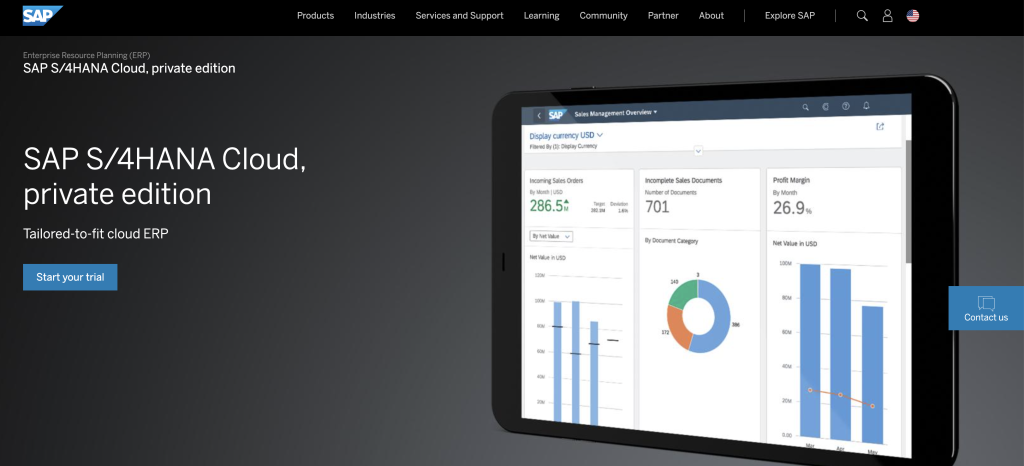
SAP S/4HANA is SAP’s latest edition of the ERP solution, built from scratch with cloud computing in mind. It’s geared toward larger organizations that have experienced significant growth in the last few years. Companies like Bosch, Telekom Austria, and Sanofi use SAP S/4HANA to manage their entire organization at scale. With SAP S/4HANA Cloud Services on AWS, you can get up-and-running quickly without worrying about hardware or server setup.
#2 SAP ERP
SAP ERP is another product from SAP for large-sized organizations. It is a full business management system that can manage customer relationships, accounting and finance, manufacturing, quality management, human resources, supply chain management and more. SAP ERP is an on-premises software but you have options to choose between SaaS or cloud deployment models.
#3 Microsoft Dynamics 365
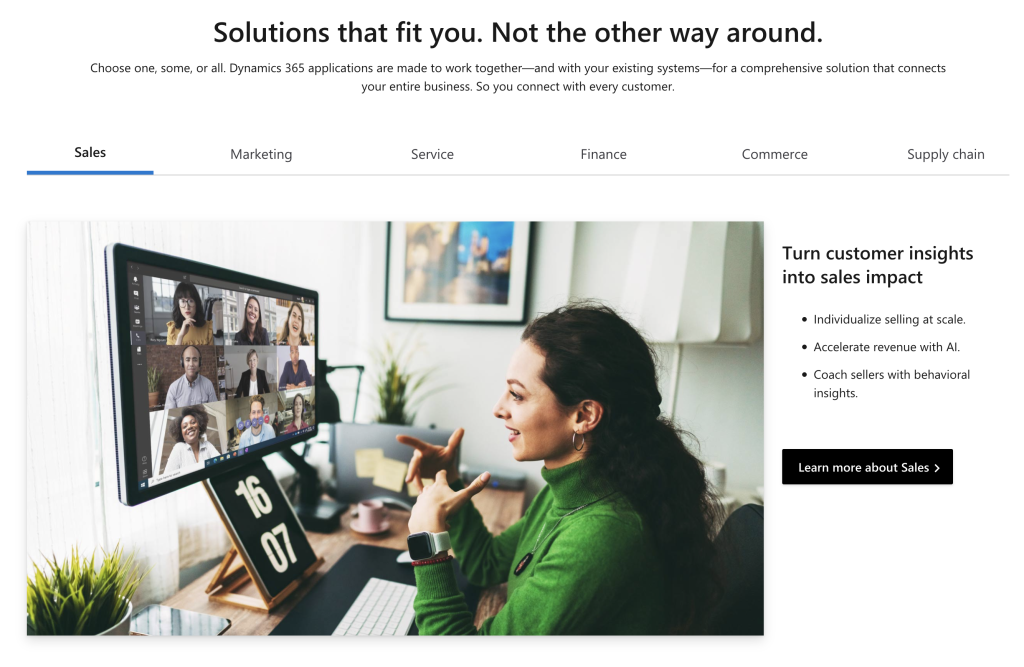
Microsoft Dynamics is the line of ERP and CRM solutions developed by Microsoft. Microsoft Dynamics helps you automate your business processes, improve customer relationships, and manage risk. It all starts with a common data model that brings together information from every area of your business—including finance and accounting, procurement, supply chain management, sales force automation (SFA), and more. This technology gives you deep insights into what’s really happening in your business to drive faster decision making.
#4 Oracle ERP Cloud
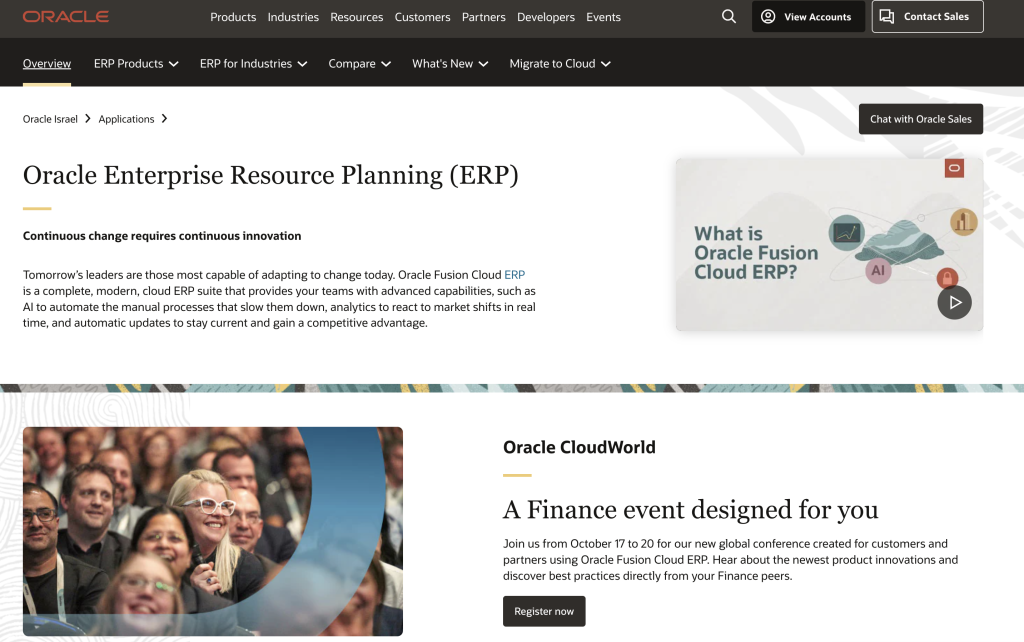
Oracle ERP Cloud is a cloud-based ERP solution from Oracle that has a suite of products, each with a different focus. For example, Oracle Supply Chain Cloud focuses on supply-chain management; Oracle Collaboration Cloud focuses on collaboration; Oracle CRM Cloud focuses on customer relationship management, and so on. This flexibility makes it easy to choose which module you need. In addition, you can also integrate modules in order to get more advanced functionality if needed – but it’s not necessary from day one.
#5 NetSuite
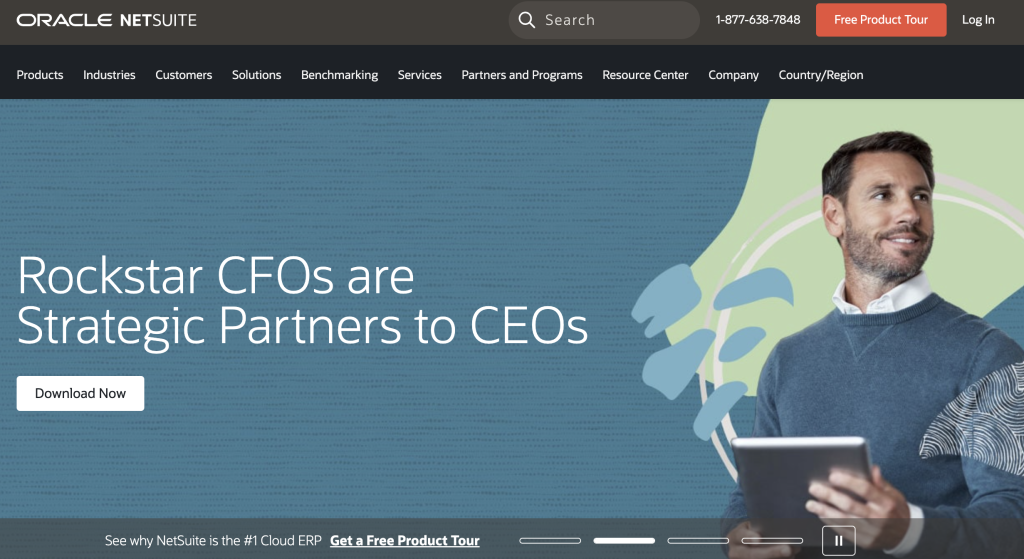
NetSuite has been acquired and marketed by Oracle Corp. since 2016, but it’s still a fully functioning business management platform with excellent functionality across sales, operations, and finance. The main benefit of using NetSuite is its price point; it’s one of the most affordable cloud-based ERPs on our list at just $25 per user per month.
#6 Epicor ERP
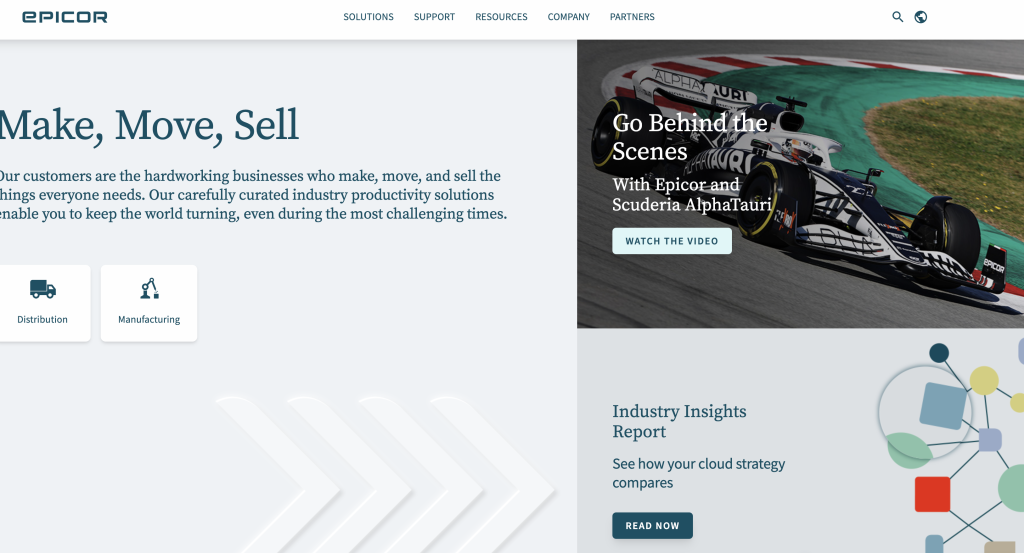
Epicor ERP is targeted towards Manufacturers, Distributors, Retailers, and Service Providers in medium, large-scale industries. This cloud-based solution features best-in-class supply chain and distribution management functionality, as well as enterprise resource planning (ERP) capabilities. With Epicor ERP you can expand your business across North America, Europe and Asia without making costly upgrades to your IT infrastructure. You’ll be able to grow at a pace that fits your business model, while leveraging industry best practices to keep costs low.